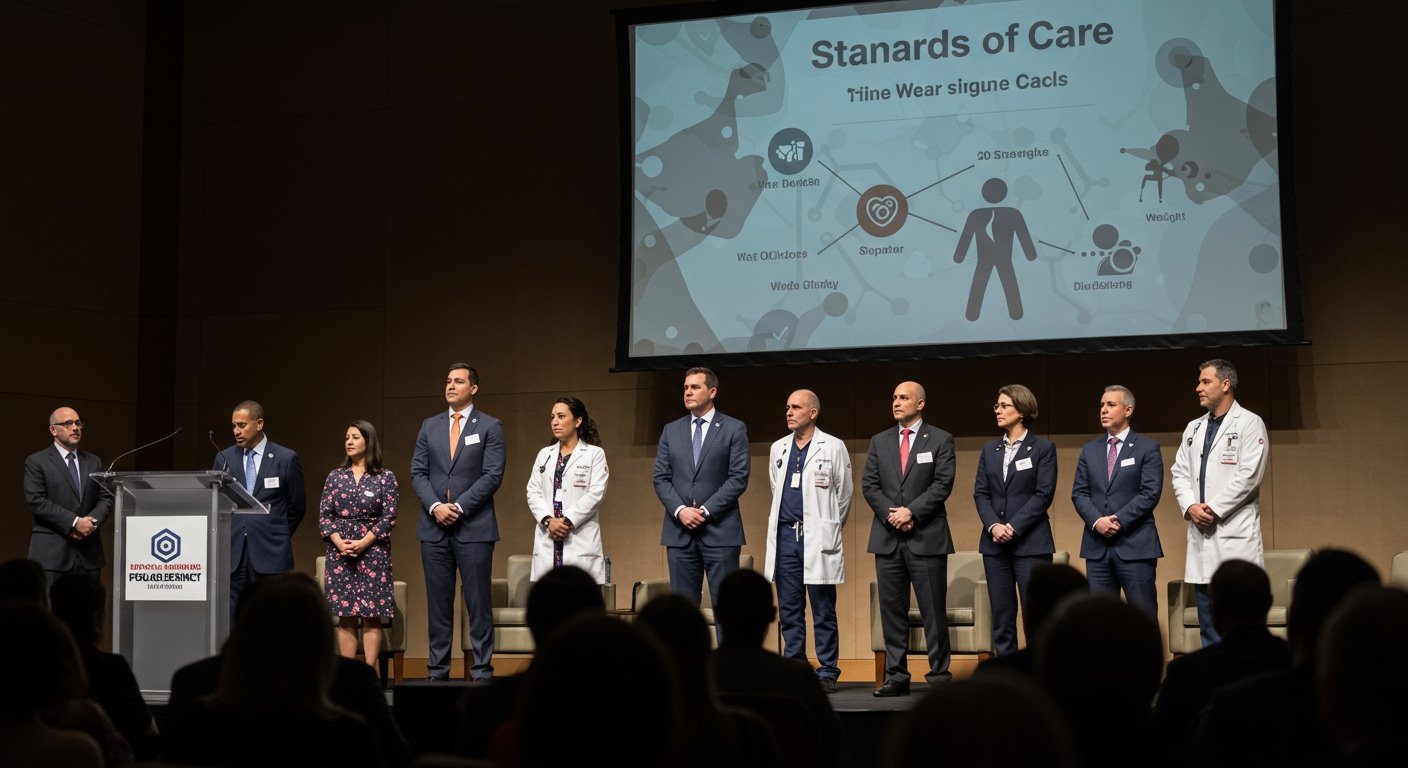Washington, D.C. — On Wednesday, January 29, 2025, the National Archives in Washington, D.C., served as the prestigious backdrop for a significant discussion on the fundamental principles of American governance and their contemporary relevance. Dr. Colleen Shogan, Archivist of the United States, welcomed Dr. Yuval Levin, a distinguished scholar and the Director of Social, Cultural, and Constitutional Studies at the American Enterprise Institute, to delve into the themes of his newest book, “American Covenant.”
Examining the “American Covenant”
Dr. Levin’s work, “American Covenant,” serves as a timely exploration of how the U.S. Constitution, the nation’s foundational legal document, can actively foster a healthier and more productive civic and political culture and discourse in an era marked by division. His core argument centers on the idea that unity within a free society does not necessitate monolithic thinking – the expectation that all citizens must hold identical views. Instead, the Constitution, by design, provides frameworks for navigating disagreements and fostering a shared sense of national identity through engagement with its enduring principles.
The discussion highlighted Levin’s perspective that the Constitution’s structure and spirit offer remedies for contemporary political polarization. He posits that a deeper understanding and appreciation of the document’s original intent and practical mechanisms can guide the nation toward more constructive forms of public engagement and collective action.
The Value of Bargaining and Negotiation
A key focus of Dr. Levin’s presentation was the Constitution’s inherent emphasis on bargaining and negotiated settlements as the primary means for achieving policy action and resolving disputes within the republic. He argued that the intricate system of checks and balances, the separation of powers, and the bicameral legislature were designed to encourage compromise and deliberation among diverse interests.
Levin suggested that recovering this historical emphasis on negotiation and compromise is beneficial and perhaps essential for the United States today. In a political climate often characterized by impasse and an unwillingness to cross partisan lines, he contends that revisiting the Constitution’s model of achieving consensus through deliberation could revitalize the nation’s capacity for effective governance and civil coexistence.
A Historic Setting
The choice of the National Archives as the venue for this discussion held particular significance. The institution is the permanent home of the original U.S. Constitution, alongside the Declaration of Independence and the Bill of Rights. Holding a conversation about the Constitution’s living relevance mere feet away from the parchment on which it was inscribed underscored the enduring connection between the historical document and contemporary American life.
Archivist Shogan’s welcome underscored the Archives’ mission to not only preserve these vital records but also to serve as a platform for public discourse and education about their meaning and impact on the nation’s past, present, and future. Hosting scholars like Dr. Levin provides an opportunity for the public to engage directly with constitutional ideas in a profoundly symbolic location.
Contemporary Relevance
Dr. Levin’s insights come at a time when debates about American identity, political processes, and the nature of national unity are particularly intense. His book and the subsequent discussion at the National Archives offer a framework for understanding these challenges not merely as contemporary phenomena but also through the lens of the foundational principles established over two centuries ago.
By highlighting the Constitution’s capacity to accommodate difference and foster unity through shared civic processes rather than ideological conformity, Levin provides a perspective that encourages a return to the document’s practical wisdom. The event served as a reminder that the American covenant – the agreement upon which the nation was built – provides tools for navigating disagreement and forging a common path forward, if its principles are understood and actively applied in modern political life.
Dr. Levin’s engagement with the National Archives on this critical topic provided valuable insights for policymakers, scholars, and the public alike, reinforcing the institution’s role as a vital center for civic education and constitutional scholarship.












